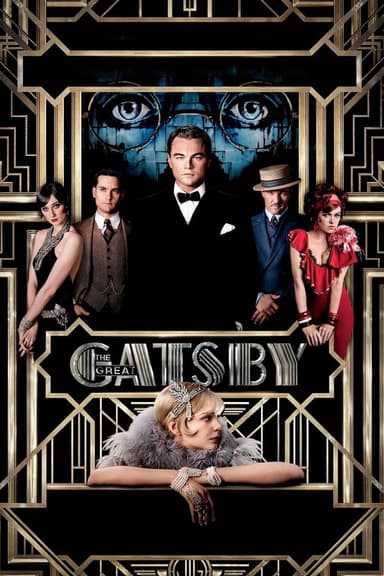
The Horse Whisperer
1998 • Adventure, Drama, Romance • PG-13
The mother of a severely traumatized daughter enlists the aid of a unique horse trainer to help the girl's equally injured horse.
Runtime: 2h 49m
Why you should read the novel
Nicholas Evans' novel The Horse Whisperer offers a far more nuanced and intimate journey into its characters' lives than the film adaptation. The book delves deeply into the emotional psyche of each character, allowing readers to truly understand both the pain and hope that drive their stories. Through compelling prose, the novel provides insights into the healing process and the power of forgiveness, inviting readers into the complexities that movies can only touch upon briefly.
Reading the novel allows you to immerse yourself in the sweeping landscapes, fully appreciating the meticulously described Montana wilderness and the bond between humans and horses. The narrative richness and evocative writing make the world truly come alive, fostering a connection that is often lacking on screen. Evans' storytelling is detailed and evocative, making it a rewarding literary experience.
Furthermore, the book presents mature themes and intricate relationships that are simplified or altered in the movie adaptation. By choosing to read The Horse Whisperer, you gain a deeper understanding of the characters' internal conflicts and motivations, culminating in a profound and satisfying literary journey.
Adaptation differences
One major difference between the novel and the movie adaptation is the ending. In Nicholas Evans' book, the story concludes with a more tragic and bittersweet resolution for Tom Booker, focusing on the consequences of love and sacrifice, while the movie opts for a less somber, more hopeful conclusion that alters the characters' destinies and the emotional impact of the story.
Another significant divergence is the portrayal of the central relationship between Annie and Tom. The novel explores their affair in a more intense and adult manner, delving into the complexities and consequences of their actions. In contrast, the film tones down the romance, choosing to portray it as more restrained, and leaves much of the emotional turmoil unaddressed in order to appeal to a wider audience.
The characterization and development of Grace, the young girl at the heart of the story, also differ between the book and the movie. In the novel, Grace's recovery is a gradual, psychologically detailed journey. She grapples with guilt, self-worth, and her relationship with both her parents and her horse. The film, while highlighting her trauma, compresses her evolution for time, offering a more streamlined and less nuanced personal arc.
Location and atmosphere are also handled differently in the two mediums. Evans' novel spends considerable time developing the Montana setting, using it as not just a backdrop, but as a character in its own right. The film, while beautifully shot, relies more on visuals than detailed narrative to capture the setting's significance. This shift affects the tone and depth of immersion that the original book provides, making the reading experience richer for those seeking a deeper connection to the story's world.
The Horse Whisperer inspired from
The Horse Whisperer
by Nicholas Evans










